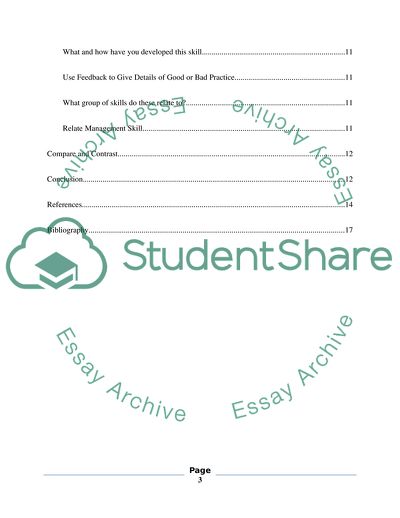Cite this document
(Hospitality Group Developing Managerial Skills Coursework - 1, n.d.)
Hospitality Group Developing Managerial Skills Coursework - 1. https://studentshare.org/tourism/1799596-hospitality-group-developing-your-managerial-skills
Hospitality Group Developing Managerial Skills Coursework - 1. https://studentshare.org/tourism/1799596-hospitality-group-developing-your-managerial-skills
(Hospitality Group Developing Managerial Skills Coursework - 1)
Hospitality Group Developing Managerial Skills Coursework - 1. https://studentshare.org/tourism/1799596-hospitality-group-developing-your-managerial-skills.
Hospitality Group Developing Managerial Skills Coursework - 1. https://studentshare.org/tourism/1799596-hospitality-group-developing-your-managerial-skills.
“Hospitality Group Developing Managerial Skills Coursework - 1”. https://studentshare.org/tourism/1799596-hospitality-group-developing-your-managerial-skills.


